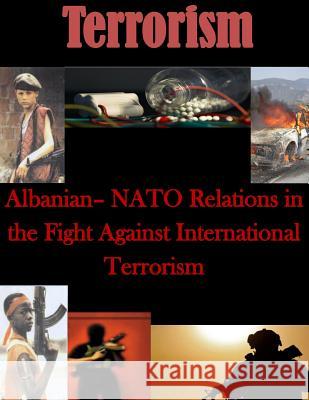Albanian- NATO Relations in the Fight Against International Terrorism » książka
Albanian- NATO Relations in the Fight Against International Terrorism
ISBN-13: 9781499762365 / Angielski / Miękka / 2014 / 104 str.
After the September 11 attacks on the United States, Albania, a majority-Muslim country in a region vulnerable to 21st-century threats -and at the time, a candidate NATO member-aligned immediately and publically with the North Atlantic Alliance to fight international terrorism. This decision reflected a process of political and institutional transformation in Albania that has important implications for both Albania, as a new NATO member, and the alliance, as it faces the counterterrorism challenges of the coming years. This book examines the effects of NATO policy and practice, throughout the accession process in the years 1994 until 2009 and later, in shaping and guiding Albanian counterterrorism efforts. The present project argues that this relationship has positive implications for Albania in the dimensions of international security, defense and military affairs, as well as domestic security. It suggests that in the future, Albania will continue to be a committed member of the Alliance, ready to play its role in fostering and extending cooperation with partner countries in the fight against international terrorism. The thesis concludes that the Albanian-NATO partnership in the fight against international terrorism also underscores for NATO the importance of developing partnerships to tackle international terrorism.
Zawartość książki może nie spełniać oczekiwań – reklamacje nie obejmują treści, która mogła nie być redakcyjnie ani merytorycznie opracowana.











